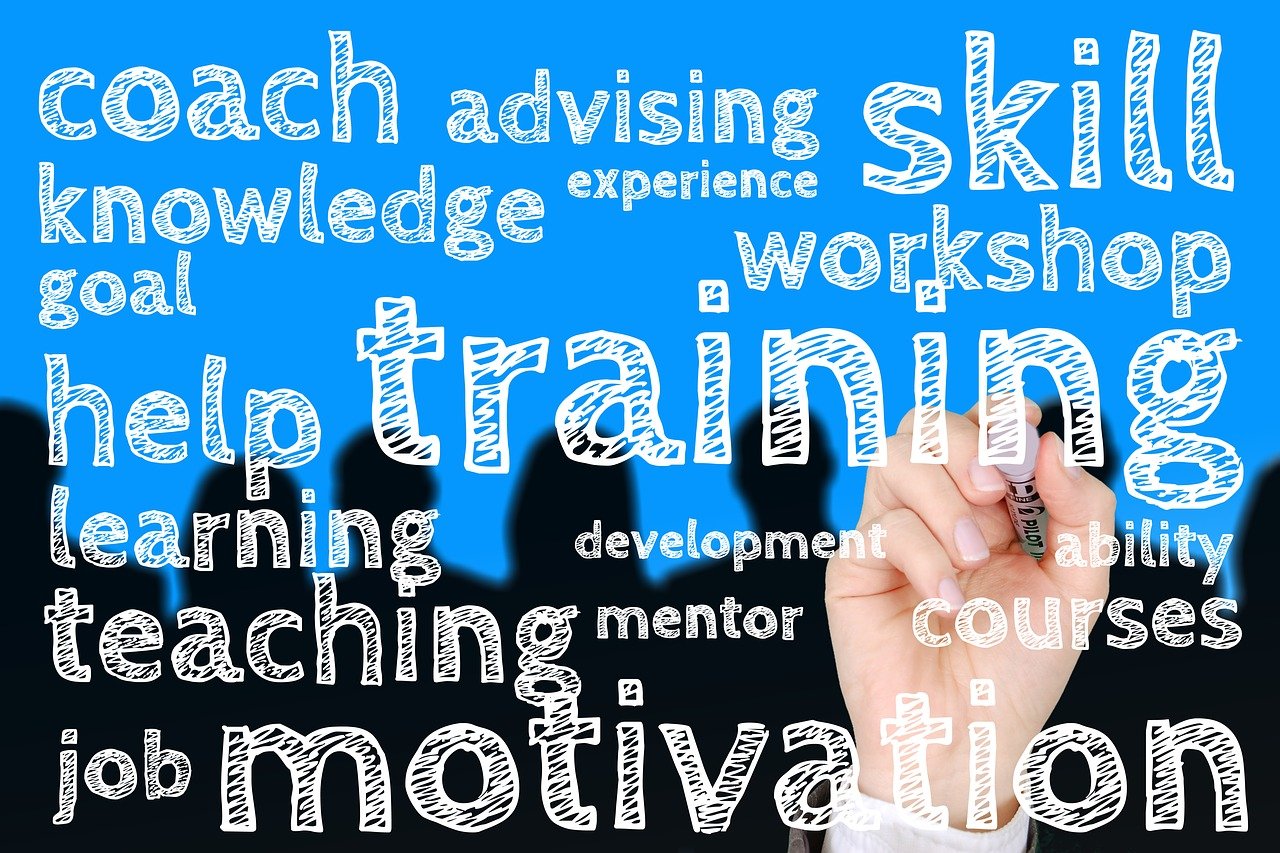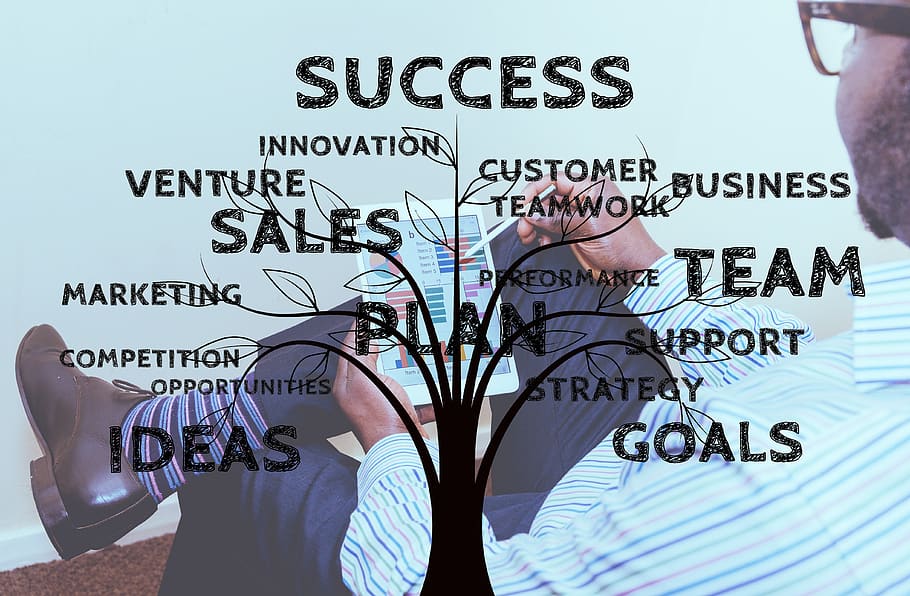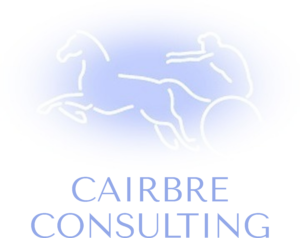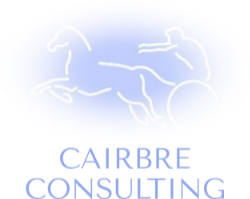Development & Training
 Training Needs Analysis and Training Delivery and Evaluation
Training Needs Analysis and Training Delivery and Evaluation
We, in Cairbre Consulting, assist companies with Training Needs Analysis (TNA) and Training Delivery and Evaluation in the following ways:
- Training Needs Analysis (TNA): Training providers can help companies conduct a thorough TNA to identify the training needs of their employees. This may involve gathering information about job requirements, employee skills, and organisational goals. Training providers can then use this information to create customised training programmes that meet the specific needs of the company and its employees.
- Training Delivery: Training providers can deliver training programmes through a variety of methods, including instructor-led training, e-learning, and blended learning. We can also customise training delivery to meet the unique needs of the company and its employees. For example, some employees may benefit from on-the-job training, while others may prefer self-paced e-learning modules.
- Training Evaluation:Post training delivery, providers can evaluate the effectiveness of training programmes through various means, such as surveys, assessments, and feedback from employees and managers. This information can be used to measure the impact of training on employee performance and to identify areas for improvement in future training programmes.
As qualified trainers, Cairbre Consulting can play a vital role in helping companies to identify their training needs, develop customised training programmes, and evaluate the effectiveness of those programmes. By partnering with us, companies can ensure that their employees receive the training we need to perform their jobs effectively and contribute to the success of the organisation.
Sales Skills
 Sales skills training can be beneficial for both individuals and organisations. Here are a few reasons why:
Sales skills training can be beneficial for both individuals and organisations. Here are a few reasons why:
- Increased Sales: With proper sales training, sales representatives can become more skilled in identifying the needs of their customers and presenting solutions that meet those needs. This can result in increased sales and revenue for the organisation.
- Improved Customer Relationships: Effective sales training can help sales representatives develop better communication skills, which can lead to stronger relationships with customers. This can lead to repeat business and increased customer loyalty.
- Competitive Advantage: With a highly trained sales force, organisations can gain a competitive advantage in the marketplace. We can differentiate themselves from competitors by offering superior service and a better customer experience.
- Enhanced Productivity: Sales training can help sales representatives become more efficient and effective in their work. We can learn how to prioritise their tasks, manage their time more effectively, and close deals more efficiently.
- Improved Morale: Providing sales training to employees can show them that their organisation is investing in their professional development. This can boost morale and lead to increased job satisfaction.
Cairbre Consulting have the personnel to provide sales skills training that can be a valuable investment for organisations looking to improve their sales performance and stay competitive in the marketplace.
Time Management
As consultants, we can help individuals or organisations with time management by providing strategies and tools to help them prioritise tasks, allocate time efficiently, and reduce distractions. Here are some ways we can help our clients with time management:
- Identify priorities:Help staff make the most of their time and avoid wasting it on less pressing tasks.
- Create a schedule: This will give team members a clear plan of action and help them stay on track.
- Use analysis tools: This can help them identify areas where we can be more efficient and effective.
- Minimise distractions: Help our clients reduce distractions and interruptions during work hours.
- Teach prioritisation techniques: Teach our clients techniques to help them prioritise tasks and manage their time effectively.
- Encourage burnout avoidancebehaviour: to helpteam well-being and maintain productivity.
By helping our clients improve their time management skills, we can help our clients achieve their goals more efficiently and effectively.
Coaching
Executive coaching is a form of professional development in which a trained coach works one-on-one with an executive or a group of executives to help them improve their leadership skills, performance, and personal effectiveness. Executive coaching is a confidential and collaborative process that involves goal-setting, self-assessment, feedback, and accountability.
The focus of executive coaching can vary depending on the needs of the executive or the organisation and can be beneficial for executives at all levels of an organisation, from new managers to top executives. The coaching process can help executives become more self-aware, develop new skills, and achieve their goals, which can ultimately benefit the organisation as a whole.
Mentoring
Whilst there are similarities between coaching and mentoring, a mentor works more as an adviser than a coach. Mentoring is a process by which a more experienced or knowledgeable person (the mentor) shares their expertise, guidance, and support with a less experienced or knowledgeable person (the mentee) with the aim of helping them grow and develop in a particular area.
Mentoring relationships can be formal or informal and can take place in different contexts, such as in the workplace, education, sports, or personal development and be beneficial for both the mentor and the mentee, as it can lead to personal and professional growth, increased confidence and motivation, and the development of new skills and knowledge.
A coach on the other hand, will work with you to help you build your self-confidence to master new abilities or enhance your current ones.
High Performance Team-leader Training
 High performance team-leader training is designed to equip individuals with the skills, knowledge, and abilities needed to lead teams effectively. The goal is to develop leaders who can inspire and motivate their teams to achieve high levels of performance.
High performance team-leader training is designed to equip individuals with the skills, knowledge, and abilities needed to lead teams effectively. The goal is to develop leaders who can inspire and motivate their teams to achieve high levels of performance.
There are many different training programmes and courses available that focus on high performance team-leader training. Some programmes may be offered online, while others may be in-person. The length and intensity of the training can vary depending on the programme.
Overall, high performance team-leader training can be a valuable investment for individuals who want to develop their leadership skills and improve their team’s performance and their own progression opportunities.
Employee and Executive Wellness
Employee and executive wellness refer to initiatives taken by organisations to promote the physical, mental, and emotional well-being of their employees and executives.
Employee wellness programmes typically include activities and policies aimed at improving employees’ physical health, such as providing access to healthy food options, fitness facilities, and health screenings. We may also provide resources to help employees manage stress and improve their mental health, such as counselling services, mindfulness programmes, and work-life balance initiatives.
Executive wellness programmes are tailored specifically to the needs of top-level executives and typically involve more personalised services, such as executive coaching, leadership development programmes, and stress management techniques. These programmes may also include access to specialised healthcare services, such as concierge medical services and mental health support.
Investing in employee and executive wellness programmes can have numerous benefits for organisations, including increased productivity, reduced healthcare costs, improved employee engagement and retention, and a more positive company culture. Additionally, promoting wellness can help organisations attract and retain top talent by demonstrating a commitment to employee well-being.
Company Culture
 Company culture refers to the shared values, attitudes, behaviours, and practices that characterise an organisation. It encompasses the beliefs, norms, and social interactions that shape how people work together and how decisions are made within the company. Company culture can be influenced by many factors, including the organisation’s mission, vision, and goals, its history, its leadership style, and its employees.
Company culture refers to the shared values, attitudes, behaviours, and practices that characterise an organisation. It encompasses the beliefs, norms, and social interactions that shape how people work together and how decisions are made within the company. Company culture can be influenced by many factors, including the organisation’s mission, vision, and goals, its history, its leadership style, and its employees.
A strong company culture is one that fosters a sense of belonging and identity among employees, promotes positive attitudes and behaviours, and supports the achievement of the organisation’s goals. It can help attract and retain talent, increase productivity, and improve overall performance.
Company culture is an essential component of any successful organisation, and it is critical for leaders to foster a positive culture that supports the achievement of the company’s goals.
Staff Engagement
 Business consultants can help companies improve staff engagement. Employee engagement is a critical factor in the success of any business. Engaged employees are more productive, more committed to their work, and more likely to stay with a company for the long term.
Business consultants can help companies improve staff engagement. Employee engagement is a critical factor in the success of any business. Engaged employees are more productive, more committed to their work, and more likely to stay with a company for the long term.
Cairbre consultants can offer a range of services to help companies improve staff engagement, including:
- Conducting employee engagement surveys: to identify areas where staff engagement may be low and gathering feedback from employees on how to improve engagement.
- Developing strategies to improve employee engagement: such as improving communication, offering more opportunities for career development, and creating a positive work environment.
- Providing training and development opportunities: to help managers and supervisors better understand how to engage with their employees and create a positive work culture.
- Facilitating workshops and training sessions: to help employees build skills and develop a sense of ownership in their work.
In essence, business consultants can offer valuable insights and expertise to help companies improve staff engagement, leading to improved employee retention, productivity, and overall business success.

